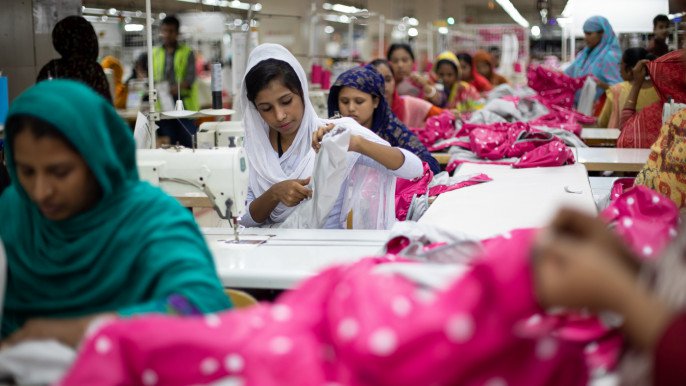Originally posted in The Daily Financial Express on 01 March 2022
The country’s garment accessories makers urged the government to legalise sub-contracting for them in a bid to grab increased work orders as well as to help small- and medium-scale units sustain in the business.
Bangladesh Garment Accessories and Packaging Manufacturers and Exporters Association (BGAPMEA) made the plea in a recent budget proposal to the National Board of Revenue (NBR).
Presently, sub-contracting is neither allowed nor restricted for the accessories makers. As a result, they face various bond- and customs-related barriers, industry insiders said.
They opined that the ready-made garment (RMG) exporters can do sub-contracting. But being the backward linkage industry and deemed exporters, the accessories and packaging manufacturers cannot do sub-contracting formally.
When asked, BGAPMEA President Moa-zzem Hossain said in line with the rising work orders of the country’s RMG sector, orders are also coming to their factories.
But due to customs procedures, they are not legally allowed to do sub-contracting, as there is an obligation to keep raw materials in the bonded area.
The factories face high duty and financial penalties if raw materials are found in other areas than the bonded area, Mr Hossain noted.
In many cases, buyers place orders for a number of products, ranging from 10 to 15. The factory receives the orders mainly to sustain its business with the buyers knowing the fact that it would not produce all the products.
In such a situation, the factory can produce the goods in other factories by sub-contracting. Lead time for the accessories and packaging sub-sector is very short, and in some cases it is only 24 hours, he added.
A good number of factories – having bond licences – are getting orders more than their capacity. So, it is becoming difficult for them to supply the products within the fixed time, according to the BGAPMEA proposal.
Besides, there are many factories that are passing a tough time due to shortage of work orders, it also said.
If the government allows sub-contracting in this sub-sector, like the RMG industry, both these factories would be benefitted, the BGAPMEA president noted.
Citing the 2015-2018 export policy, he also said there is provision of doing sub-contracting.
Talking to the FE, the association’s former president Abdul Kader Khan said at present there are some 1,200-1,300 units listed with the trade-body, and 20 per cent of them are getting plenty of work orders following the enhanced RMG orders. These units are doing well due to their capacity, good marketing strategy, and buyers’ nomination.
The rest of the factories are struggling to survive due to the pandemic, compliance, and financial issues, Mr Khan explained.
Both the leaders urged the government to allow sub-contracting, saying it would help the RMG units grab the huge work orders, and thus increase the country’s export earnings.
According to the BGAPMEA, some 1,800 factories were registered with the association.
The sector, which meets more than 95 per cent of the RMG sector’s requirements for accessories, made deemed exports worth US$5.04 billion in the last fiscal year (FY), 2020-21. The sector fetched $2.75 billion in FY 2010-11.
 CPD RMG Study Stitching a better future for Bangladesh
CPD RMG Study Stitching a better future for Bangladesh



